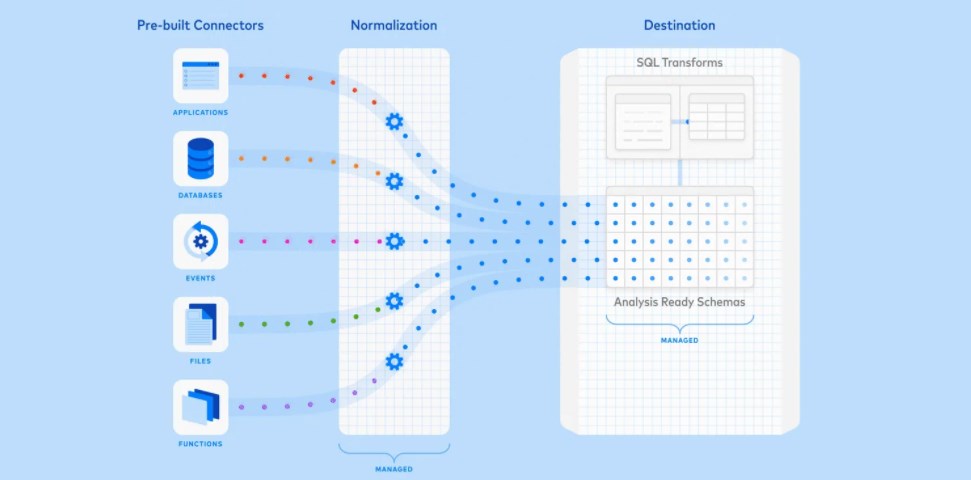In today's fast-paced digital landscape, organizations are increasingly recognizing the limitations of traditional data architectures. Legacy systems, often characterized by on-premise setups, heavy ETL processes, and siloed data, struggle to meet the demands of modern business operations. These outdated frameworks can hinder scalability, complicate integration, and pose significant governance challenges.
The Limitations of Traditional Data Architectures
Traditional data architectures often rely on cumbersome ETL (Extract, Transform, Load) processes that can be time-consuming and resource-intensive. This approach not only delays data availability but also increases the risk of errors during data transformation. Furthermore, on-premise systems can limit an organization's ability to scale, as they require significant investments in hardware and maintenance.
The Shift to Modern Data Stacks
Modern Data Stacks (MDS) offer a more agile and efficient alternative. By leveraging cloud-based solutions, organizations can achieve greater scalability and flexibility. MDS enables seamless integration of various data sources, allowing businesses to consolidate their data into a single, accessible platform. This integration facilitates real-time analytics and decision-making, empowering organizations to respond swiftly to market changes.
Addressing Governance Challenges
Governance is another critical area where MDS excels. With built-in compliance features and centralized data management, organizations can ensure that their data practices align with regulatory requirements. This not only mitigates risks but also fosters trust among stakeholders, as data integrity and security become paramount.
Conclusion
The transition from legacy systems to a modern data stack is not merely a technological upgrade; it represents a fundamental shift in how organizations approach data management. By embracing MDS, companies can unlock new opportunities for growth, innovation, and competitive advantage. As the data landscape continues to evolve, those who adapt will thrive in the digital age.







